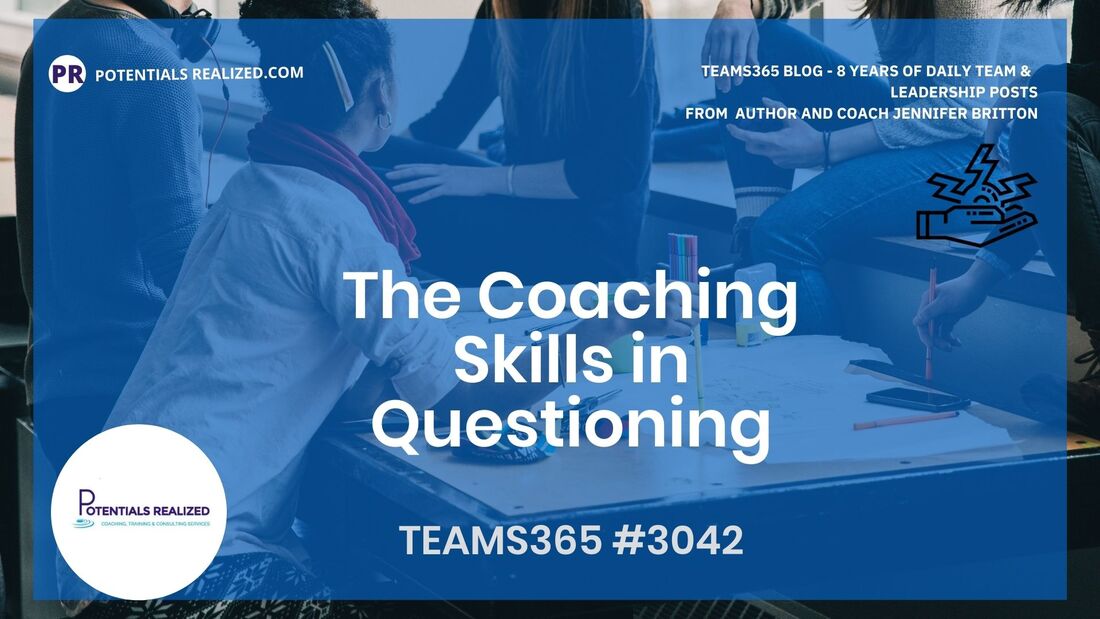Powerful questions usually are short (five to six words in length), and are open-ended (note how many start with What). Powerful questions may expand awareness, synthesize ideas, or
help connect the dots.
Let’s look at these examples:
• Where are you now?
• What’s important?
• Where do you want to be?
• What will help you move from A to B?
• What’s important about this end result?
• What’s going to accelerate things?
• What will success look like?
• What might get in the way?
• What are you committed to doing, no matter what?
• What is it going to take to get there?
• What do you need to say “no” to?
• What learning are you having?
Mike Rother, in his article “Toyota Kata,” shares these five questions for managers to use:205
1. What is the target condition?
2. What is the actual condition now?
3. What obstacles do you think are preventing you from reaching the target condition?
Which one are you addressing now?
4. What is your Next Step? (next PDCA/experiment) What do you expect?
5. When can we go and see what we have learned from taking that step?
Note the variance in language. Key to the coaching process is adjusting the language to have
greatest impact with the person being coached.
A final model which can be useful to keep in mind when you go about the coaching process is
the GROW Model, created by Alexander, Fine, and Whitmore. GROW stands for:
Goals: What is important?
Reality: Where are you now? Where do you want to be?
Options: What will help you move from A to B?
Wrap-up: What will you do? By when? How will I know?
Enjoy your conversations,
Jennifer
Potentials Realized |Reconnecting Workspaces | Group Coaching Essentials
Team and Leadership Development | Coaching | Retreats
Follow us on Instagram @ReconnectingWorkspaces
Phone: (416)996-8326
Check out my TEDx talk
Looking to bring your workplaces back together, whether you are remote, hybrid, or face-to-face? Pick up a copy of my new book, Reconnecting Workspaces, at Amazon.

 RSS Feed
RSS Feed





